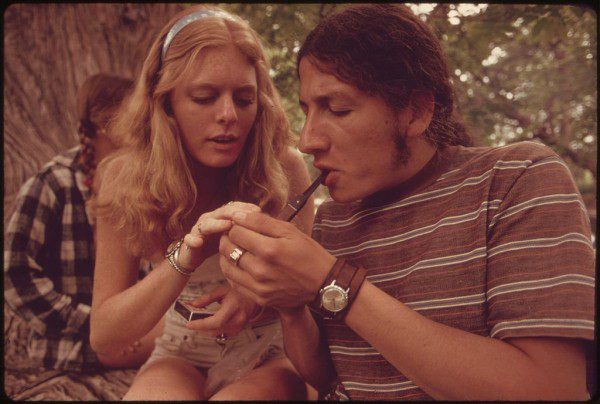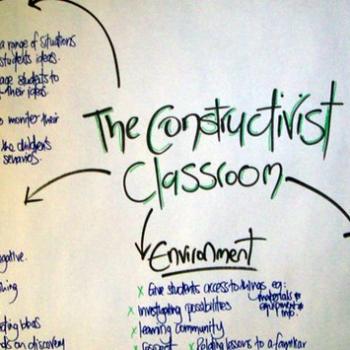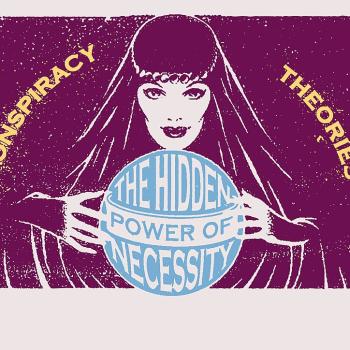Marijuana is legal in the Netherlands, with “cannabis cafes” being a fixture of university towns. But the city of Maastricht changed the local ordinance so that only the Dutch could go to the cafes, not foreigners. Which meant that the sizable foreign student population at the University of Maastricht was suddenly cut off from legal marijuana.
This created the possibility of a controlled experiment on the effects of marijuana on college students. Researchers compared the performance of the foreign students before and after their access to marijuana. They also compared the non-stoned foreign students to their still-stoned Dutch classmates.
See the findings after the jump.
From Keith Humphreys, These college students lost access to legal pot — and started getting better grades – The Washington Post:
The most rigorous study yet of the effects of marijuana legalization has identified a disturbing result: College students with access to recreational cannabis on average earn worse grades and fail classes at a higher rate.
Economists Olivier Marie and Ulf Zölitz took advantage of a decision by Maastricht, a city in the Netherlands, to change the rules for “cannabis cafes,” which legally sell recreational marijuana. Because Maastricht is very close to the border of multiple European countries (Belgium, France and Germany), drug tourism was posing difficulties for the city. Hoping to address this, the city barred noncitizens of the Netherlands from buying from the cafes.
This policy change created an intriguing natural experiment at Maastricht University, because students there from neighboring countries suddenly were unable to access legal pot, while students from the Netherlands continued.
The research on more than 4,000 students, published in the Review of Economic Studies, found that those who lost access to legal marijuana showed substantial improvement in their grades. Specifically, those banned from cannabis cafes had a more than 5 percent increase in their odds of passing their courses. Low performing students benefited even more, which the researchers noted is particularly important because these students are at high-risk of dropping out. The researchers attribute their results to the students who were denied legal access to marijuana being less likely to use it and to suffer cognitive impairments (e.g., in concentration and memory) as a result.
This should come as no surprise, but the “controlled” nature of the experiment makes it especially intriguing.
Photograph by St. Gil, Marc, 1924-1992, Photographer (NARA record: 8464473) (U.S. National Archives and Records Administration) [Public domain], via Wikimedia Commons














